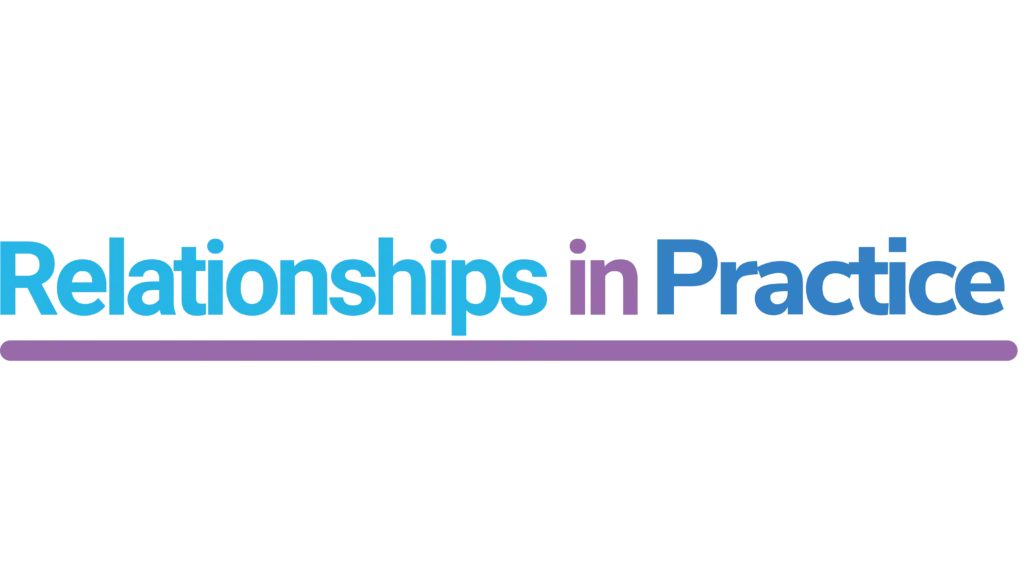Contact Us
Let us know how we can help. Would you like to know about our A.B.L.E. training model, or do you feel one of our initiatives may suit your organisation? Maybe you’re interested in receiving a digital copy of one of our follow-up documents. We would love to hear from you.
